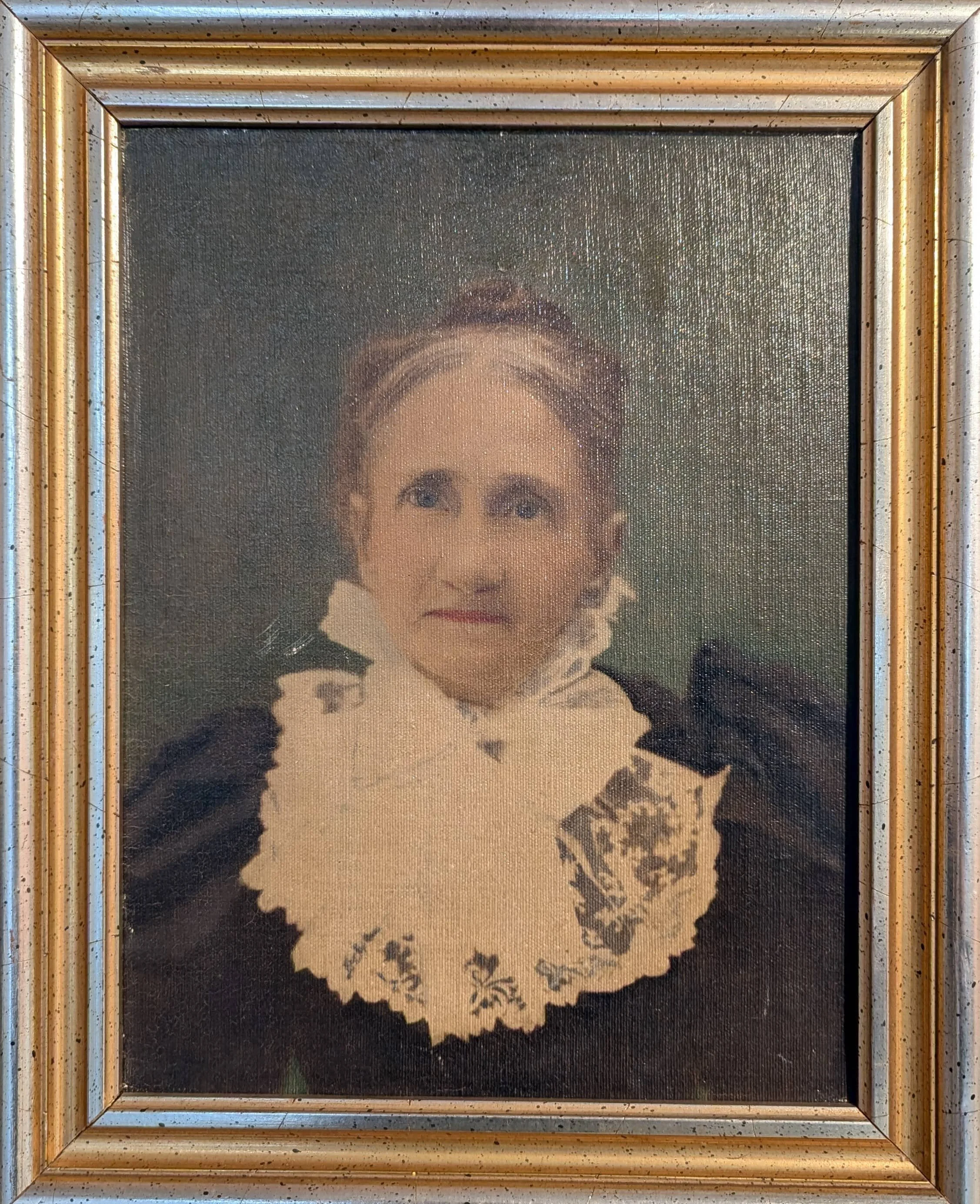Childhood During the Civil War Years
Portrait of John Moore by artist John Beale Bordley, c. 1843-1845.
On loan to the Shadows-on-the-Teche.
In January 1861, Judge John Moore was elected as a delegate to a convention to debate Louisiana’s secession and whether the state would join the Confederacy. On the 26th of that month, John and his fellow delegates voted 113 to 17 to secede from the United States. How much of this debate was discussed with or overheard by any of the Weeks children is not known, but it is certain that neither they nor their parents or grandparents could foresee what effect the coming war would have on their lives.
In January 1861, Mary Weeks Moore had twelve living grandchildren from six months to seventeen years of age. Over the next four years, three of those children died and five more were born. While secession was debated and war became the main topic of conversation, parents and guardians strove to maintain some degree of normalcy in the day-to-day lives of their children by making every attempt to continue their education and operate the plantations that supported the family.
A letter written by ten-year-old Everard Meade from his boarding school near New Orleans provides some insight into how children, and often their parents, heard “news” of the war. “Mr. Dugan [probably a teacher] went to the city [New Orleans] and brought up news that they were fighting and by this time he supposed they had taken it…The way I heard this was Mr. Dugan has a cousin hear [sic] and that day he send [sic] for him and told him this and he told some body and they kept on so until all the boys in the school must knows [sic] it.” However he heard it, the rumors alarmed Everard. He wrote that if his mother, Allie Weeks Meade, believed the story, she must contact the school to send him home on the next steamboat.
While William Frederick Weeks’ daughter Lily witnessed the war from the home front, many of her cousins traveled to northern Louisiana and Texas in spring 1863. Though life away from home was full of hardships, it was often an exciting adventure for the children of Charley.
Portrait of Margaret Glassell Weeks, date unknown.
Dauterive Collection, Shadows-on-the-Teche Archive.
Charley and his wife, Margaret Glassell Weeks, tried to care for and provide for their children as well as they could under the difficult circumstances. Though they lived in a house that was little more than a cabin, they were very soon reduced to wearing homespun clothing and did not have the fine foods to which they were accustomed. Even so, they did celebrate special occasions, such as oldest son Johnnie’s 5th birthday. A special cake, candy, music, and dancing with family members and friends made this and similar occasions happy times for their children and were welcome moments of escape from war worries for adults.
“My Dear Grandpa, Please come to my party as it is my five year old party & I want you to eat some of my cake & candy. My father says he wishes you would bring your Texas map. Come soon, because I want a soon party.”
-John Moore Weeks to his grandfather, John Moore – October 13, 1863
And while this life was certainly an unwelcome change for the adults, Johnnie had his pony to ride, and the children took delight in simple pleasures like seeing cows being milked, cooking over an open fire in the yard, and watching the enslaved workers who travelled with them spinning and weaving cloth for their clothing. That some of these activities were unfamiliar was demonstrated by the curiosity of Charley’s three-year-old daughter, Dora. Her dress caught fire, and she was badly burned when she wandered too close to the fire. Saved by her mother’s quick thinking, Margaret spent many months nursing her in summer 1864.
Later that same year, Charley‘s home in north Louisiana was destroyed by fire, and the family joined William in Texas. While the ten-day journey in January 1865 was likely difficult, Margaret’s description sounds more like a family vacation. “The children enjoyed traveling very much. They could change from the carriage to the buggy or wagons, or sometimes walking or running to pick up walnuts & pecans, or to gather wild berries.” Even Margaret realized how odd the tone of her letter might seem given the depressed spirits of most of the Confederacy in January 1865. “I imagine we looked more like a picnic party, than poor, lone refugees. But my motto is to try to extract the sweets from every bitter, and so we did on that occasion.” It was attitudes such as Margaret’s that would be needed by both children and parents in the years following the war.
Originally published in The Shadows Service League newsletter, November 2002.


